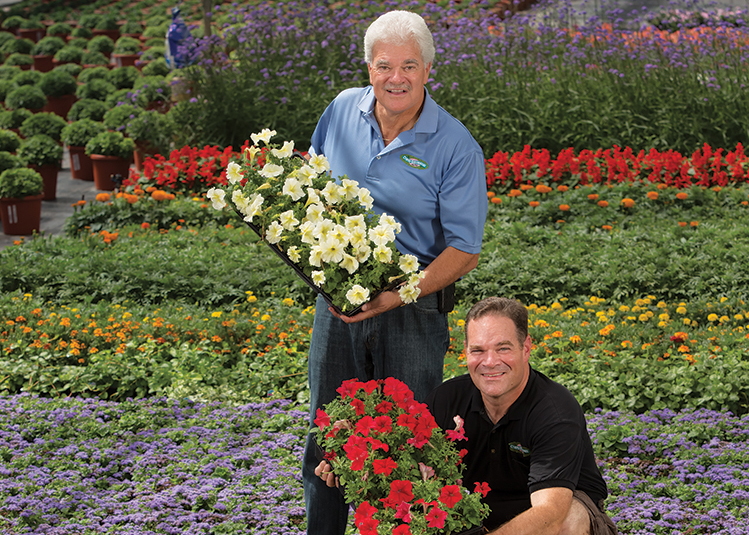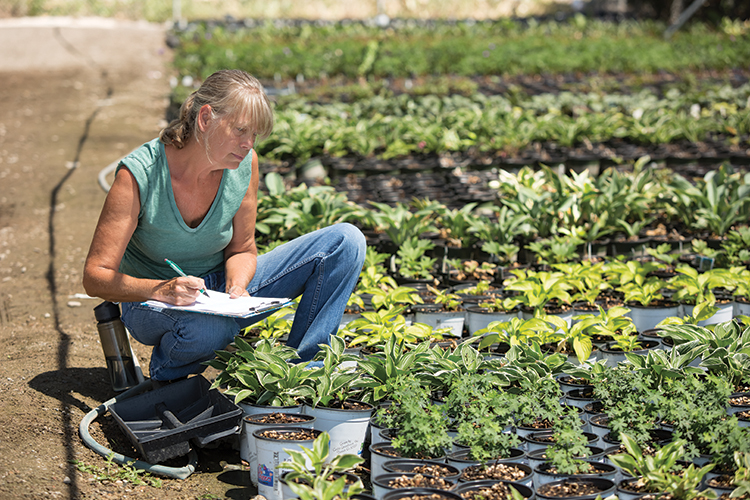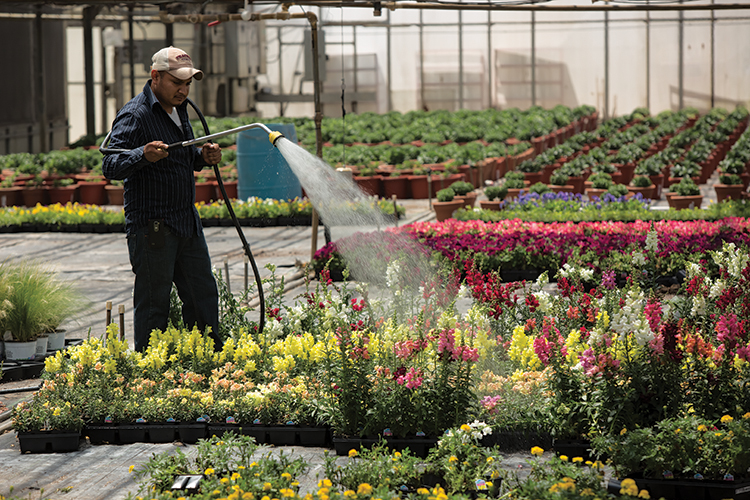Home > Colorado > Colorado Farm to Table > Colorado Centennial Farms are Built to Last
Colorado Centennial Farms are Built to Last
In partnership with: Colorado Department of Agriculture

Colorado agriculture is deeply rooted in tradition, and no one better displays that tradition than the families that have been farming the same land for several generations. Created in 1986, the Centennial Farms & Ranches program recognizes these pioneers by acknowledging the significant impact that family farms have on the state’s history, economy and culture.
“When you talk to the Centennial Farms program farmers, especially those of the older generation, you hear how proud they are to be formally recognized by the state,” says Jonathan Raab, preservation communications manager for History Colorado. “Their story is shared throughout the media, on our website and at local events.”
Qualifications for a family to obtain Centennial Farm & Ranch recognition include: a farm or ranch must have remained in the same family continuously for 100 years or more, and the operation must either comprise at least 160 acres or produce a minimum of $1,000 in gross yearly sales. If the qualifications are met, History Colorado and the Colorado Department of Agriculture presents the family with an impressive sign and a signed certificate from the governor, commissioner of agriculture and executive director of History Colorado to proudly display on their property. A number of the state’s commissioners of agriculture have received Centennial Farm status, including current commissioner Don Brown.

Center Greenhouse
Best known for its Power Flowers brand, Denver’s Center Greenhouse started in 1889 and became a Centennial Farm in 2012. Pietro Yantorno, who traveled to the U.S. from Calabria, Italy, was the original owner. Today, his great-grandson, Frank Yantorno, and Frank’s sons, Brian and Ken, have taken over.
Center Greenhouse initially grew crops such as cabbage and celery, but the farm transitioned to a cut carnation operation in 1950, with the flowers grown in greenhouses. In the 1970s, the focus changed to bedding plants, leading to the creation of Power Flowers, which includes annuals, foliage trailers and fillers, hanging baskets, grasses, and perennials. Garden centers and landscapers in Colorado primarily purchase the brand’s products, but Center Greenhouse also has a Power Starts brand, which comprises young plants that are shipped across the U.S.
 Jamie Yantorno, Brian’s wife, says their 14-year-old daughter is interested in taking over Center Greenhouse one day, continuing the family’s long history in agriculture.
Jamie Yantorno, Brian’s wife, says their 14-year-old daughter is interested in taking over Center Greenhouse one day, continuing the family’s long history in agriculture.
“She would be a sixth-generation owner and grower,” Jamie Yantorno says. “All our kids know our history and appreciate it, and we’re trying to make sure they understand the magnitude – how rare it is for a farm to pass down for so many years and last for so long.”
Edgar Ranches
Located in Rocky Ford, Edgar Ranches Inc. has been in the Edgar family since the early 1900s. Lyman Edgar was the third generation to become principal operator of the farm, proud to spend his life working the land his father and grandfather worked before him.
Rebecca Goodwin, Lyman’s daughter, says the operation began in 1905 as a sugar beet farm, initially owned by John and Mary Edgar. Ownership eventually transitioned to Roy Edgar (John and Mary’s son and Lyman’s father), and the farm expanded to include crops like hay, corn, wheat, oats and barley, plus a ranch with grazing cattle.
![colorado centennial farm [INFOGRAPHIC]](https://eadn-wc01-4177395.nxedge.io/wp-content/uploads/2020/05/Screen-Shot-2016-11-22-at-2.07.23-PM.jpg) Lyman was recognized as the program’s first Centennial Farmer at the 2014 Colorado State Fair, held right before his 100th birthday. He passed away in August of 2016 but his legacy lives on as the land he loved will remain active and in the family.
Lyman was recognized as the program’s first Centennial Farmer at the 2014 Colorado State Fair, held right before his 100th birthday. He passed away in August of 2016 but his legacy lives on as the land he loved will remain active and in the family.
“We are incredibly fortunate; one of my nephews, his wife and their children recently took over the ranch, representing the fifth and sixth generations of our family to own the land and work it,” Goodwin says. “It made my father very happy that the operation would continue for at least another couple of generations – it’s what my great-grandparents and grandparents would have wanted too.”



